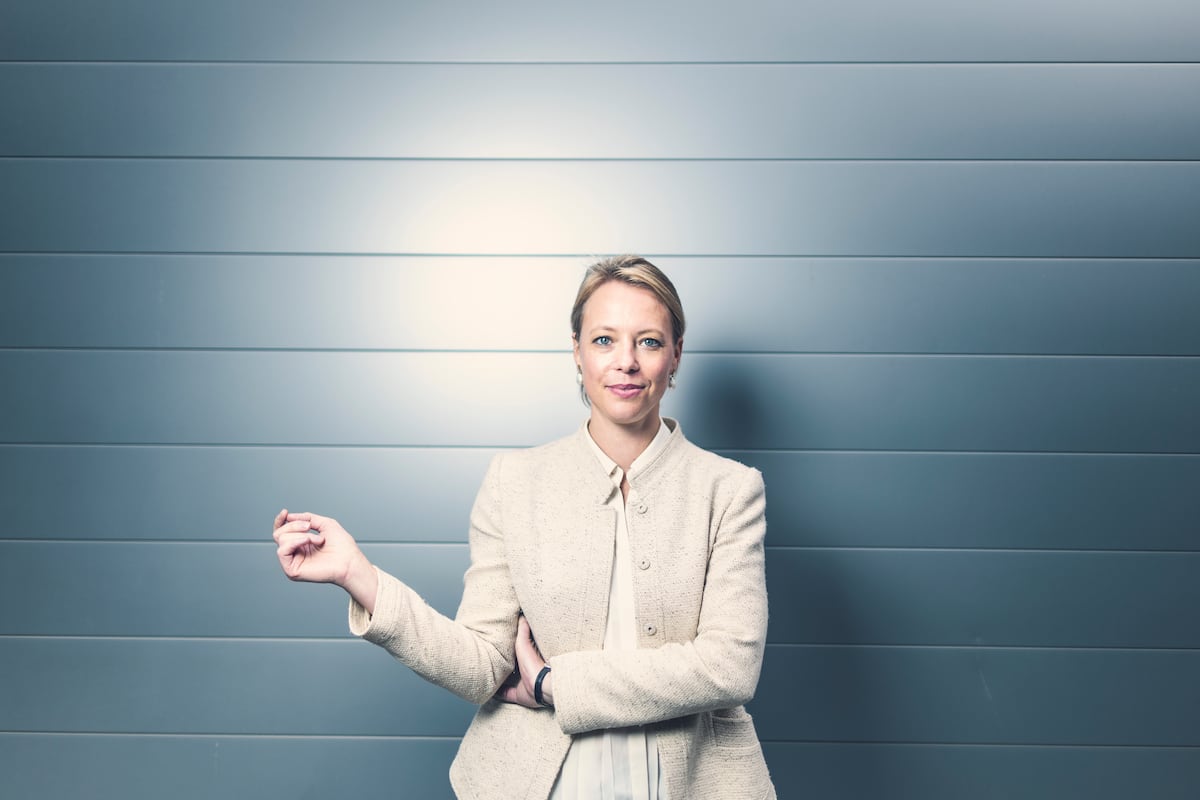
"Erika Stael von Holstein, 41, has been advising European institutions on science, technology, society, and democracy for two decades. She's the founder and director of Re-Imagine Europe, a think tank focused on depolarization. The Stockholm-born advisor has also promoted Nodes.eu, a European observatory of narratives against disinformation. Von Holstein is a member of the expert council on artificial intelligence convened by the Spanish government. This work brought her to Madrid, where she met with EL PAIS."
"Polarization has led us to a wave of lies, hate speech, culture wars, and online rage. How do we depolarize society? A. Polarization and disinformation are highly connected. Polarization fuels disinformation and disinformation fuels polarization. Instead of trying to convince people who have a different opinion to us, [if we] started to listen instead, we would quickly change [society], because the emotions that are currently driving a lot of this polarization are fear for the future, anger about today, and nostalgia about the past."
Public debate has become aggressive and toxic rather than an inevitable modern fate. EU initiatives aim to defuse tensions, restore serenity, and reestablish dialogue. A European advisor with two decades' experience focuses on depolarization through a think tank and a narratives observatory addressing disinformation. Combating disinformation has become increasingly exhausting as people retreat into echo chambers and narrative communities. Polarization and disinformation are highly connected and mutually reinforcing. Listening to people with different opinions rather than trying to convince them can reduce polarization. Emotions driving polarization include fear for the future, anger about today, and nostalgia for the past.
Read at english.elpais.com
Unable to calculate read time
Collection
[
|
...
]